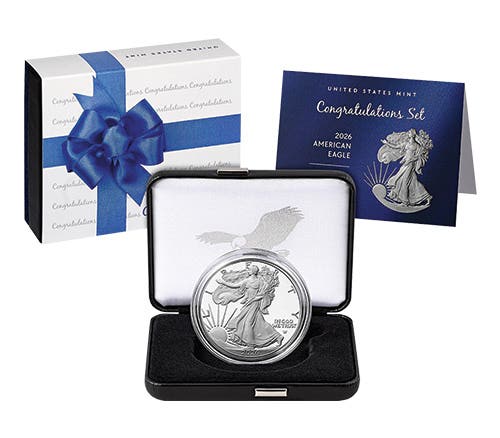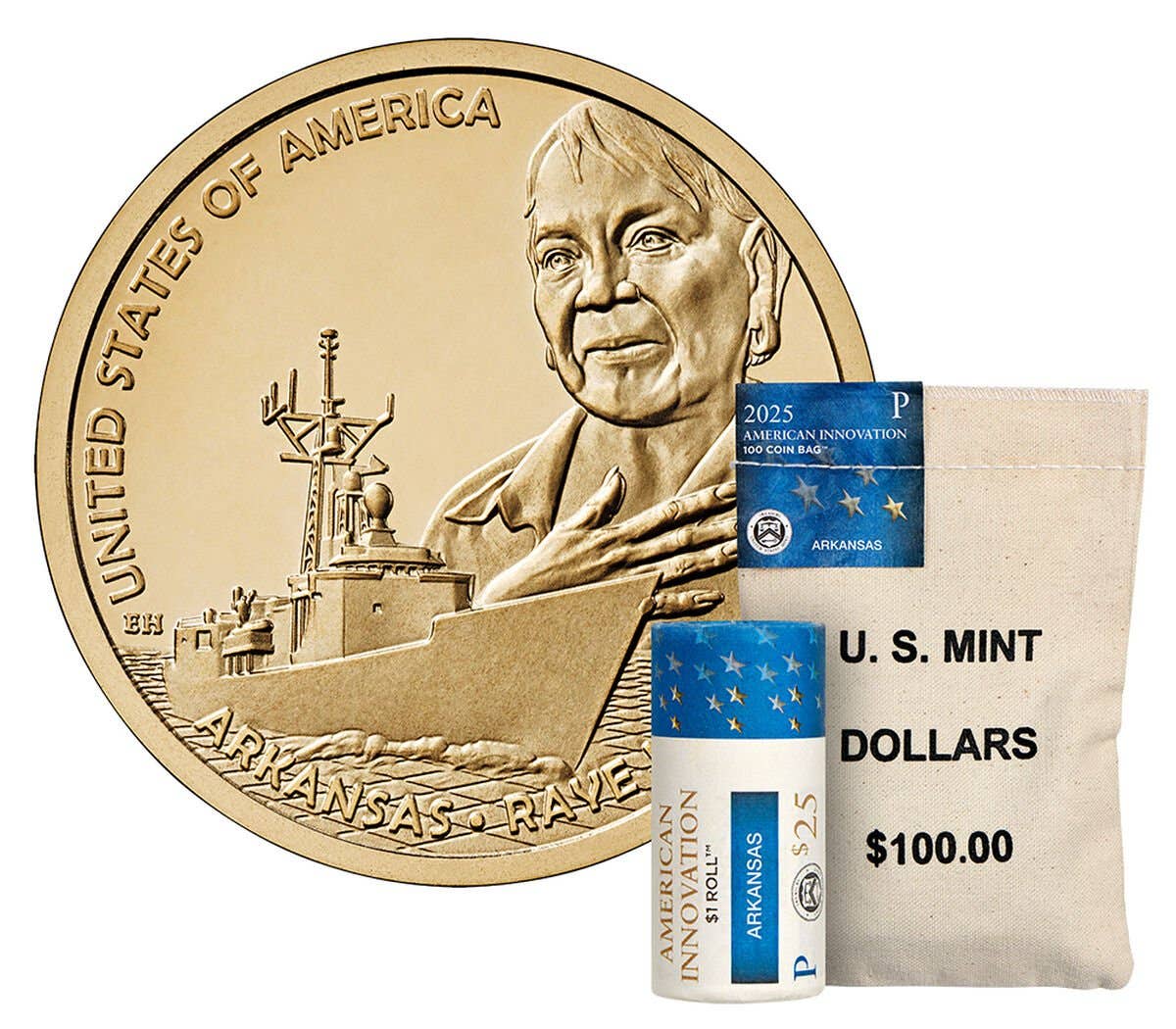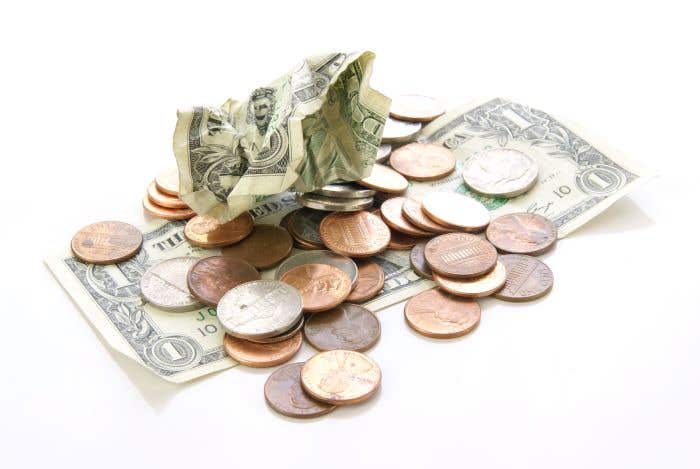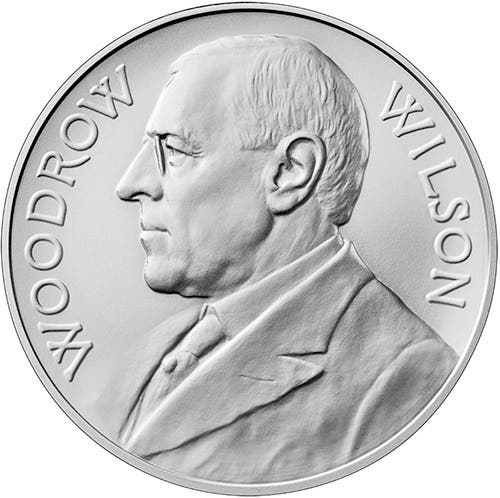Progress in Expanding Coin And Bullion Sales Tax Exemptions
New wins in Florida and Connecticut offer relief to coin and bullion buyers—even as Maryland and Washington tighten exemptions.
While the states of Maryland and Washington have sharply limited or repealed existing sales tax exemptions this year, Connecticut and Florida have enacted new laws expanding their exemptions.
Maryland has restricted its precious metals bullion and coin sales tax exemption only to transactions conducted at shows in the Baltimore Convention Center. That restriction is already in force. Washington has repealed its monetized metal sales tax exemption and the reduction in the Business & Occupations Tax effective Jan. 1, 2026.
Connecticut had a sales tax exemption in effect for bullion and bullion-priced coins, but only for transactions of $1,000 or more. Sales of South African Krugerrands are not exempt from sales taxes. Other coins may or may not be exempt from sales taxes, depending on the premium above metal value at which the coins are sold. As part of this year’s budget bill, HB 7287, all gold, silver, platinum, and palladium bullion and coins will be exempt from sales tax, with no minimum transaction size, taking effect on July 1, 2027.
In Florida, the state had a $500 minimum purchase requirement for a sales tax exemption to apply to sales of coins, currency, and bullion. With the enactment of HB 7031, which took effect Aug. 1, 2025, sales of gold, silver, and platinum bullion or bullion-priced coins are exempt from sales tax with no minimum transaction size. Sales of other bullion products, coins, and currency still require the $500 minimum transaction size for a sales tax exemption to apply.
Right now, five states have no state sales taxes, 40 states have some form of statutory exemption, and Nevada has a partial exemption from sales taxes on sales of precious metals bullion, coins, or currency. Only Hawaii, Maine, New Mexico, and Vermont, plus the District of Columbia, do not have any kind of sales tax exemption for sales of bullion, coins, or currency. However, the language of what qualifies for the exemption varies from state to state. Terminology and definitions are different. Several states have many quirks in their exemption, such as Connecticut not permitting a sales tax exemption for the purchase of South African Krugerrands.
Also, some states that have a state-level exemption but also have local sales taxes may or may not extend the exemption to the local sales tax. In the states of Alaska, Montana, and New Hampshire, which have no statewide sales tax, there are some local sales taxes that may be applicable in some jurisdictions. Dealer and collector members of the National Coin & Bullion Association (NCBA) have access to detailed state-by-state sales tax laws impacting precious metals, bullion, coins, and currency. There is no charge for collectors to join the NCBA Concerned Collectors Coalition, but they are required to identify who their federal and state legislators are, where they live, and where they work. Concerned Collectors Coalition members do not have voting rights in NCBA. For more information on joining NCBA, go to the website.
Last column’s numismatic trivia question
Last time I asked—Who was responsible for putting the U.S. monetary system on a decimal basis rather than having the nation adopt the British or Spanish non-decimal systems? That was Thomas Jefferson. Like others in the American colonies, he grew up where the coins in circulation came from Britain, Spain, France, Portugal, and other nations, each with its own awkward non-decimal monetary systems. Further, the exchange rates for these coinage systems varied from colony to colony. In 1784, Jefferson wrote ‘Notes on the establishment of a Money Unit,” in which he recommended a single decimal-based coinage system. Such a system offered convenience in calculation, simplicity, and familiarity. In this, he also advocated that the Spanish Dollar (Eight Reales) serve as the base of the coinage. These positions became law and the basis for the American monetary system.
This week’s trivia question
Here is this week’s question. When the U.S. Mint was established, which Cabinet member had jurisdiction over it? (Hint: it was not the Secretary of the Treasury.) Come back next week for the answer.
Patrick A. Heller was honored as a 2019 FUN Numismatic Ambassador. He is also the recipient of the American Numismatic Association 2018 Glenn Smedley Memorial Service Award, the 2017 Exemplary Service Award, the 2012 Harry Forman National Dealer of the Year Award, and the 2008 Presidential Award. Over the years, he has also been honored by the Numismatic Literary Guild, Professional Numismatists Guild, National Coin & Bullion Association, and the Michigan State Numismatic Society. He is the communications officer of Liberty Coin Service in Lansing, Michigan, and writes “Liberty’s Outlook,” a monthly newsletter on rare coins and precious metals subjects. Past newsletter issues can be viewed at www.libertycoinservice.com. Some of his radio commentaries, "Things You ‘Know’ That Just Aren’t So,” and “Important News You Need To Know,” can be heard at 8:45 a.m. Wednesday and Friday mornings on 1320-AM WILS in Lansing (which streams live and becomes part of the audio archives posted at www.1320wils.com).
You may also like:









